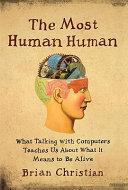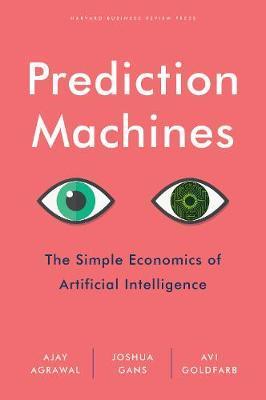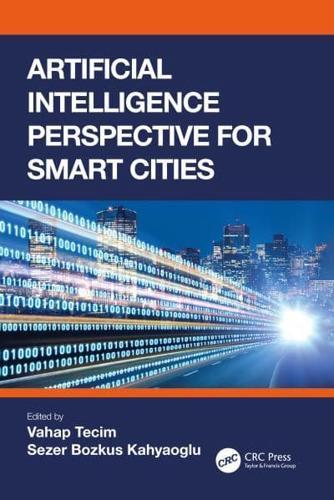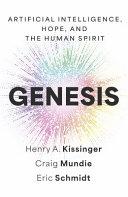Computing , Artificial intelligence
The Most Human Human
In 1950 famed mathematician Alan Turing predicted that computers would someday become so sophisticated that we "will be able to speak of machines thinking." The Turing test, which puts his theory on the line, has become the holy grail of artificial intelligence scientists. While no program has yet passed Turing's test, several have come close and are increasingly adapted by corporations, the entertainment industry, and even the medical community as human substitutes. Each year the AI community convenes for the Loebner Prize, the field's most anticipated and controversial event, where the Turing test is administered and the most advanced computer programs compete to fool a panel of judges into mistaking them for actual people. The program that wins gets the so-called Most Human Computer Award. But there is a bizarre and fascinating catch: Real people compete, too, and the one who prevails wins the Most Human Human Award. Embarking on a quest to figure out the essence of that honor, the author ranges across a dizzying array of surprising realms: poetry, pick-up artists, long-distance calls, existentialism, customer service, chess, and love. His discoveries are a revelation: What Turing conceived as the test of artificial intelligence ultimately becomes a means of measuring ourselves. In examining the philosophical, biological, and moral questions the Turing test poses, the ultimate subject of the book is humanity- an attempt to fill in the blank in the ancient riddle, "the human being in the only animal that.....". The space is usually filled with the verb "thinks", but if a computer passes the Turing test, what then can we say about the essence of being human? This book is an energetic , engrossing, intellectual tour of the provocative implications these questions have for our daily life. -- from Book Jacket
- Christian, Brian
- Doubleday
- 2011
- 303
- 9780385533065
Поткатегории











